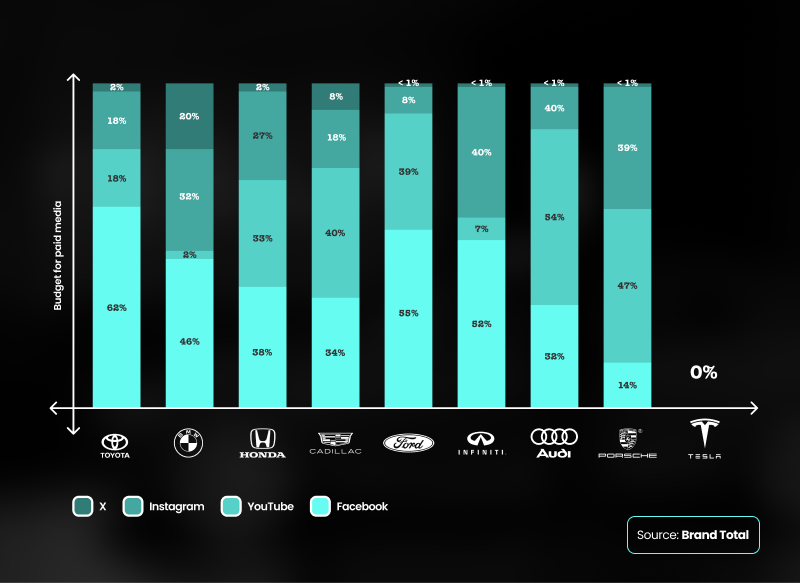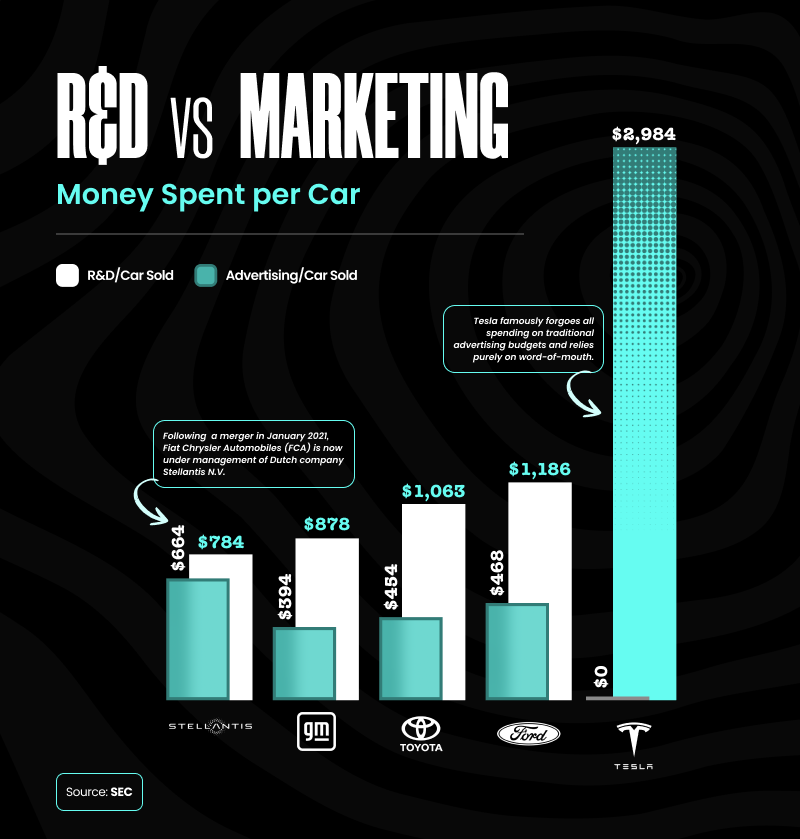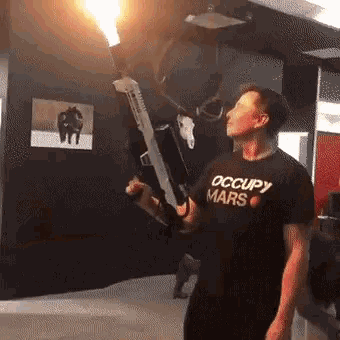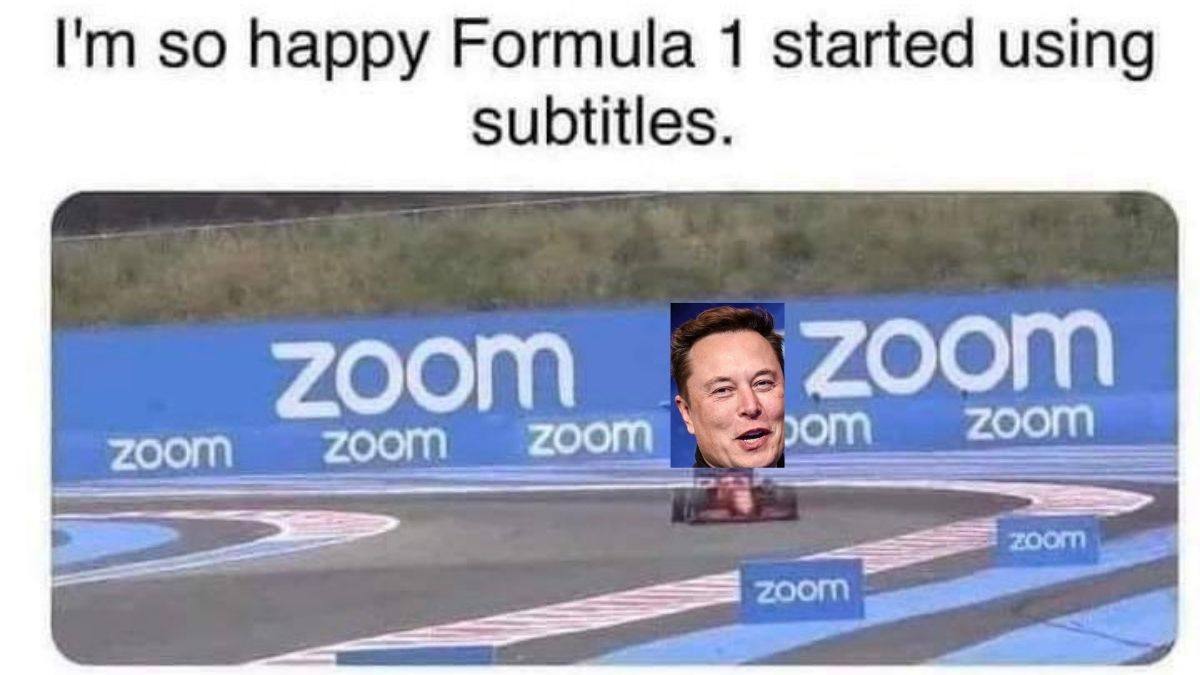Elon Musk: A Marketing Genius or A Trickster?
Audacious
Tech Geek
Prankster
Agent of Chaos
Futurist
And Many more things
There are a lot of things that have been associated with Elon Musk over the years.
Elon Musk – In the realm of business and technology, few names echo as loudly as him. A successful entrepreneur, inventor, and CEO, Musk has become synonymous with innovation, pushing the boundaries of what’s possible in electric vehicles, space exploration, and renewable energy.
However, as much as Musk is celebrated for his groundbreaking ventures, there lies a complex narrative surrounding his marketing strategies – a tale that oscillates between branding brilliance and a touch of tricksterism.
Elon Musk’s approach to marketing is as dynamic as the industries he influences. Musk’s use of social media, particularly Twitter, is unconventional, to say the least, often showcasing a blend of wit, humor, and unfiltered commentary that captivates millions.
The research for writing this was an absolute fun, and here is just a glimpse of why –
— Elon Musk (@elonmusk) February 26, 2023
His ability to generate hype, whether it’s unveiling a new product or announcing ambitious plans for the future, has been pivotal in creating a cult-like following around his ventures.
However, beneath the surface of Musk’s marketing prowess, there are skeptics who question the authenticity of his approach. Some argue that his seemingly impulsive tweets and grand promises are strategically crafted distractions, designed to divert attention from the operational challenges his companies face.
The question arises: Is Musk a true marketing genius, leveraging transparency and relatability to build trust, or is he a shrewd trickster, manipulating public perception to his advantage?
Musk: The Genius
Elon is many things, but one we are here to explore is his marketing genius.
Elon Musk is considered a marketing maverick for his ability to create and maintain a strong personal brand. He effectively uses social media platforms to engage with the public and generate immense excitement around his companies and projects.
His unconventional approach, strategic communication style, and knack for storytelling contribute to his success in building and sustaining public interest and support.
Musk’s visionary ideas and charismatic presence amplify the marketing impact of his ventures.
How Elon Musk’s Advertising Genius Redefines Corporate Promotion
Look at this graph below:

Now compare Tesla’s marketing spend as compared to its contemporaries in the year 2019.
When I had a look at the big skyscrapers depicting other companies advertising on various social media platforms, the first thing that came to my mind was – that Elon Musk is taking advertising to new heights(literally).
Despite the towering presence of advertisements from other companies on social media platforms, Musk’s enterprises have consistently adhered to a strategy of minimal spending, allocating little to no budget for advertising since their inception.
This unique approach has not only sparked curiosity but also challenged the conventional norms of corporate promotion, emphasizing the power of innovation and word-of-mouth in building brand recognition.
They have constantly followed this approach of spending very little and almost no money on advertising since their inception.
His tactics are often questioned in the public sphere and Musk being himself, stays authentic yet cleverly answers them.
When Musk was repeatedly asked about his Anti-advertising tactics he replied:
Tesla does not advertise or pay for endorsements. Instead, we use that money to make the product great. https://t.co/SsrfOq1Xyc
— Elon Musk (@elonmusk) May 19, 2019
In 2022, Tesla spent a modest $151,947 on advertising in the U.S., as reported by the advertising intelligence firm Vivvix. This includes expenses for various platforms such as TV, social media, web banners, and billboards.
In comparison, major traditional automakers like Ford and Toyota spent significantly more, with Ford at $370 million and Toyota at $1.1 billion. The combined advertising spending for General Motors’ brands amounted to a substantial $1.35 billion in the U.S. during the same period.
This highlights Tesla’s distinctive approach of allocating fewer resources to traditional advertising channels, relying more on unconventional methods, word of mouth, and the strength of its products.
The fact that Tesla spends “0” $ on advertising itself is marketable.
Innovation Over Promotion: Musk’s Ability to Use Power of Authenticity
When Musk tweets that they would spend the money on their product rather than advertising he is not kidding.
Take a look at this graphic

When we see things in retrospect, Musk is using what we call in marketing the ‘Contrast Effect.’
Here, the perception of something is influenced by its context or by the presence of other items. In marketing, presenting products in a certain order or alongside each other can create a contrast that affects how consumers perceive the value of each product.
Not only is he saying that he would not spend money on advertising, but he is also reaffirming the fact of how good Tesla’s product will be, which is quite evident from what we saw in the image above.
This gives the consumer an easy-to-choose option for safety, convenience, and luxury, especially when it comes to cars. Authenticity is what connects you with the audience.
No Advertising does not mean No Marketing
When we see and hear that Tesla does not spend much on advertising we think that they spend nothing on Marketing.
Advertising is nothing but just a small part of Marketing. Marketing is like an engine that depends on various factors.
Social Media Marketing, Event Marketing, Search Engine Optimization and so on and so forth…
This is far from true that Elon Musk and his team do not believe in Marketing.
The launch of his personal Tesla Roadster into space aboard the Falcon Heavy rocket in 2018 was, in fact, one of the most expensive marketing campaigns ever.
The total development cost of the Falcon was around 90 to 100 million. This cosmic spectacle not only showcased the capabilities of Musk’s aerospace company, SpaceX but also served as a brilliant marketing coup.
The iconic imagery of a sleek electric car orbiting Earth garnered widespread media coverage, reaching over 2.3 billion impressions globally. Musk achieved an unprecedented level of exposure. The cosmic road trip became a symbol of Musk’s unorthodox approach to marketing, leaving a mark on the public’s perception of both him and his companies.
This innovative and cost-effective strategy demonstrated Musk’s ability to capture attention on a global scale, solidifying Tesla’s brand as synonymous with innovation and boundary-pushing technology.
The Cybertruck Stunt and the Genius Behind it.
While researching I came across one of the greatest marketing stunts which was pulled out in the history of the automobile industry.
Back in the day, as viewers, we all witnessed what happened when Elon called someone on stage to throw a metal ball at the launch of the ‘Cybertruck.’
It was one of the projects that he was very passionate about.
*Scene* In comes Elon and starts the presentation.
And just when we thought that it would just be a routine presentation to showcase the durability and the safety that is offered by the Cybertruck windows, something happened.
Take a look:
Now, what happened here cannot be deemed a failure; at least, many believe so. It is difficult to fathom the fact that Tesla would not have run into some trials and tests for this mega event.
The glass broke and so did the internet.
It truly was a viral moment then but did Tesla get something out of this?
The answer is Yes.
The Impact was quite evident as it saw 200,000 orders just in the first 3 days post the launch. This was because people who knew and perceived Elon as a genius were confident that he would fix the window.
A huge buzz is evident, as this video has a total of 79,10,000 search results on Google.
In December 2023, they remarketed this event by selling ‘Broken Window’ stickers in an attempt to recreate what happened four years ago.
Tesla simply gained an advantage from: Free Media Equation.
In simple terms “If you give media an interesting story to tell they will reward you in turn with publicity.”
This one trick grabbed so many eyeballs.
And the great thing? They did all of this by simply going live on a free platform: YouTube.
Now that’s genius.
Elon: The Trickster
Authenticity is how you correctly connect with your audience, and controversy is how you expand your audience. Tesla, with Musk as its CEO, does a great job of it.
However, as accolades pour in, there’s another side to Musk that has raised eyebrows and prompted skepticism.
The trickster persona that lurks beneath the surface.
In the following sections, we will delve into the aspects of Musk’s personality and business practices that contribute to the perception of him as a trickster.
Having explored the wide landscape of Elon Musk’s marketing prowess, we now find ourselves at a crossroads where admiration meets skepticism.
From Zero to $10 Million in four days: Elon’s Fiery Gimmick
Amidst where rockets soared high, electric cars hummed silently, and the future seemed to be just a tweet away, there emerged a peculiar creation—Not a Flamethrower.

On December 17, 2016, Elon Musk tweeted about his frustration with traffic and declared his intention to build a tunnel-boring machine. Just hours later, he named the venture “The Boring Company”.
The connection between flamethrowers and Musk’s tunneling venture lies in potential fundraising. Selling hats and flamethrowers was a creative way to generate funds for The Boring Company without resorting to debt or diluting ownership.
Elon Musk’s “Not a Flamethrower” was a limited-edition product released by The Boring Company, one of Musk’s ventures, in 2018. The marketing strategy behind the flamethrower was a combination of humor, uniqueness, and the cult of personality surrounding Elon Musk. Here are some aspects that contributed to the trick perception:
He urges people to not buy his product and then smartly puts a reply to his own tweet, to show people that they would miss the fun if they don’t.
Obviously, a flamethrower is a super terrible idea. Definitely don’t buy one.
— Elon Musk (@elonmusk) January 28, 2018
Elon Musk’s marketing strategy for the “Not a Flamethrower” involved cleverly addressing regulatory concerns with a humorous name. He emphasized that its a limited edition status for exclusivity, and leveraging social media, particularly Twitter. Elon did this to build anticipation and generate widespread interest.
He said “I bought a flamethrower to help with the traffic in LA.”
He portrayed and tried to build an image that his product served as a fundraising tool, adding a philanthropic angle.
The controversy surrounding safety and appropriateness added to the overall attention, showcasing Musk’s unconventional and attention-grabbing marketing skills.
Did his Trick Work ?
Yes, it did. People went crazy for them and bought 20,000 in just four days, each costing $500. That’s a whopping $10 million in just about 100 hours!
And here’s the kicker: Musk’s company, The Boring Company, didn’t stop there. They also sold fire extinguishers for $30, admitting they were a bit expensive but had a “cool sticker.”
So, in a nutshell, Elon Musk sold a bunch of flamethrowers, made a ton of money. In addition they even convinced people to buy pricey fire extinguishers.
Elon Musk’s flamethrower venture embodied his role as a trickster in the business world. Through humor, controversy, and strategic marketing, he turned a seemingly absurd product into a $10 million sensation.
Musk’s ability to sell flamethrowers as a traffic solution while raking in millions showcased his unconventional and attention-grabbing approach. It solidified his status as a master trickster in the world of entrepreneurship.
Dogecoin’s Wild Ride: Memes, Millions and Market Manipulation
Musk’s journey with Dogecoin, a digital currency that started as a meme, has been nothing short of fascinating.
At first glance, Musk’s tweets about Dogecoin may seem like whimsical banter or a CEO having some fun. However, delve deeper, and it becomes apparent that there might be more method than madness in Musk’s approach.
Musk’s strategic use of Twitter to talk about Dogecoin has proven to be a powerful marketing tool. His tweets, often filled with humor and memes, create a buzz that transcends the crypto community, reaching a broader audience.
Not only memes and tweets, he changed Twitter’s logo as well to Doge.
— Elon Musk (@elonmusk) April 3, 2023
The result? Dogecoin’s value experiences sudden spikes, leaving investors and enthusiasts hanging onto Musk’s every word.
After the change, the value of Dogecoin rose more than 30%.
However, some skeptics argue that Musk’s tweets are nothing more than a clever trick, manipulating the market for his benefit. The volatility in Dogecoin’s value following Musk’s tweets raises questions about the ethical implications of such influence.
Is it a marketing genius at play, or is Musk merely having fun with the internet’s favorite meme currency? The line between the two is increasingly blurry.
Who is Elon Musk ?
In conclusion, Elon Musk’s approach to marketing is undeniably a blend of genius and tricksterism. It reflects the complexity of his personality and business practices.
His unconventional methods, such as minimal advertising spending and high-impact events. This tactic portrays him as a marketing genius who understands the power of authenticity. It proves Elon Musk marketing tactics are something we all can learn from.
The ‘Not a Flamethrower’ campaign and the Cyber Truck window incident exemplify his ability to generate buzz, capture attention, and turn controversial moments into marketing triumphs.
On the other hand, Musk’s use of Twitter, while entertaining and effective in creating hype, has also been a source of controversy and skepticism.
Ultimately, Elon Musk’s legacy in the realm of marketing will likely be remembered as a dynamic and multifaceted journey that defies easy categorization.
His ability to push boundaries, challenge norms, and create narratives that resonate with the public ensures that the Musk mystique will endure, leaving us with an enduring question:
Is he a marketing genius steering us into a bold future, or a trickster weaving an elaborate illusion?
Whether you love or hate him, there’s one thing you can’t ignore is that he is a true entertainer.
I mean, look at this
Entering Twitter HQ – let that sink in! pic.twitter.com/D68z4K2wq7
— Elon Musk (@elonmusk) October 26, 2022
Or this


Wow amazing blog layout How long have you been blogging for you made blogging look easy The overall look of your web site is magnificent as well as the content
Thankyou for these words. We at Mastroke constantly thrive to deliver the best content.I hope you enjoyed reading.
you are truly a just right webmaster The site loading speed is incredible It kind of feels that youre doing any distinctive trick In addition The contents are masterwork you have done a great activity in this matter
Thank you for your kind words. The real credit goes to the developers. I hope you had a great time going through our content as well.